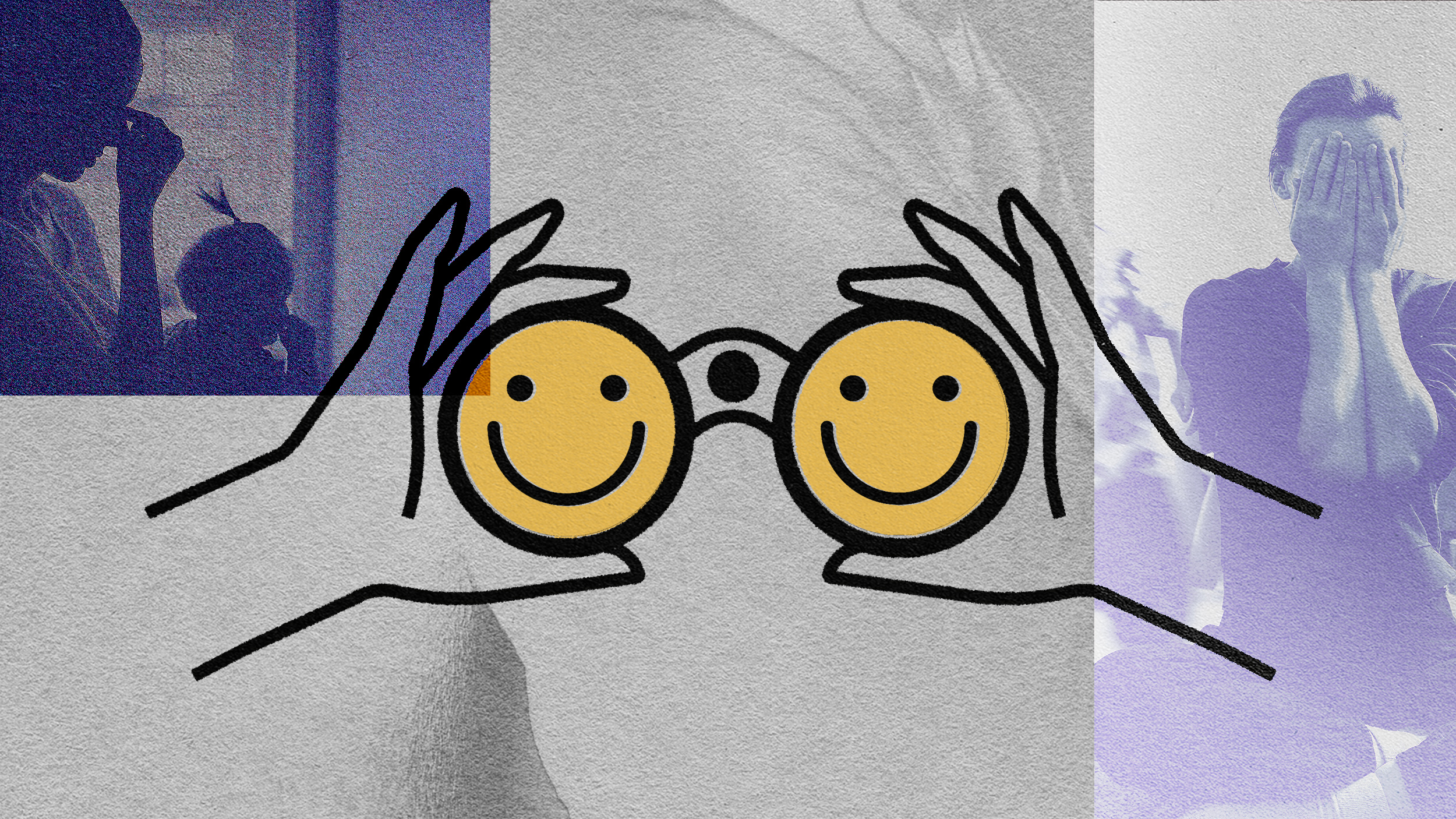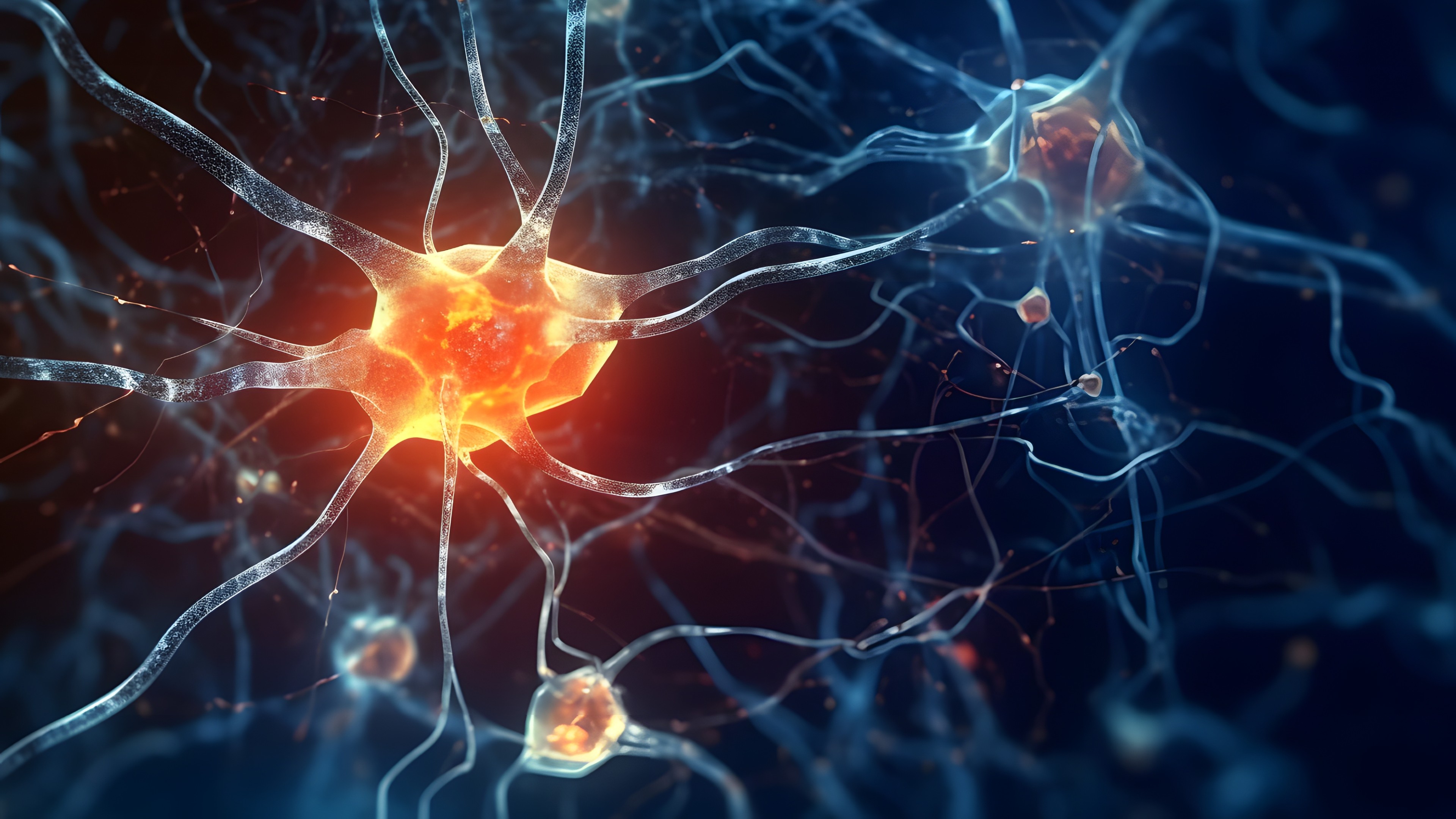JORDAN PETERSON: What's the relative importance of career and motherhood in a typical woman's life? I'm 55 and I've been working with men and women my entire life. And I've watched this. And it's quite obvious. It's like at 19 it's all career. By 30 that's just not the case. It's not the case. I don't know if I've seen a single woman who I didn't think had a psychological problem who hadn't seriously flipped in their attitude towards the balance of family and career by the time they were 30. And then you see lots of women who at 40 haven't had kids and perhaps wanted to and that's not a pleasant situation.
I was talking to a woman who was about 39, a professional woman – attractive, well put together, competent, well educated, successful in her profession, unmarried, in a relationship with an older guy but unmarried and desperate to have a child. She said no one ever talked to her about the fact that she's actually want to have a family or encouraged her to think about doing that. It was as if it wasn't within the realm of possibility that one of the things that she might have the ambition to do would be to be a mother. And that's just not acceptable.
And it was like she woke up in her late thirties and thought well, the first thing she thought was this profession of mine is actually nowhere near as comprehensively fulfilling as the advertisements claimed which is something that virtually everyone discovers as they move forward in their professional career. No, I mean the reason you get paid generally for your work is because you're doing something that you wouldn't choose to do if you weren't being paid for it. And so the idea that your career is going to be the fundamental source of your fulfillment is true for a very tiny minority of people. And even with them it's complicated. So she was tearful and upset about the fact that it took her so long to discover that there were other important dimensions to life and that motherhood turns out to be well, how many things do you do in your life that are fundamental, right? You have a career and your education so that would be part of your career development. That's part of what makes you generally useful in society and perhaps a place that you find some meaning and purpose. You have your friends. You have your family like your parents and your siblings and so forth. You have your kids. You have your relationship. That's it. There's four things. Now you can expand that to some degree. You can have, maybe you're creative and make good use of your personal time. There's other factors that aren't trivial. But those four things are canonically important. You miss one of them and you're going to pay for it.
And so our society needs to rethink our relative valuation of career versus motherhood. So we don't know how to solve this problem but we could at least have an intelligent discussion about it and we could start by admitting that the idea that most 19-year-old women are fed which is that their career will be the primary purpose of their life is actually a lie.
Jordan B. Peterson, raised and toughened in the frigid wastelands of Northern Alberta, has flown a hammer-head roll in a carbon-fiber stunt-plane, explored an Arizona meteorite crater with astronauts, and[…]
We as a society need to rethink the way we value careers over everything else.
▸
3 min
—
with
▸
3 min
—
with
Related
Happiness is not a five-star holiday. It’s often the result of struggle — and asking for help, as author Stephanie Harrison recently told Big Think.
The world’s workplaces are growing lonelier — but the solution requires less than you might expect.
Research suggests that to maintain a healthy brain, we should tend our gut microbiome.
People who die by suicide are more likely to have reduced levels of the NPAS4 gene, which helps regulate inflammation in the brain.
Uncovering the story of Milan Hausner, the Sadská clinic, and LSD psychotherapy behind the Iron Curtain.






